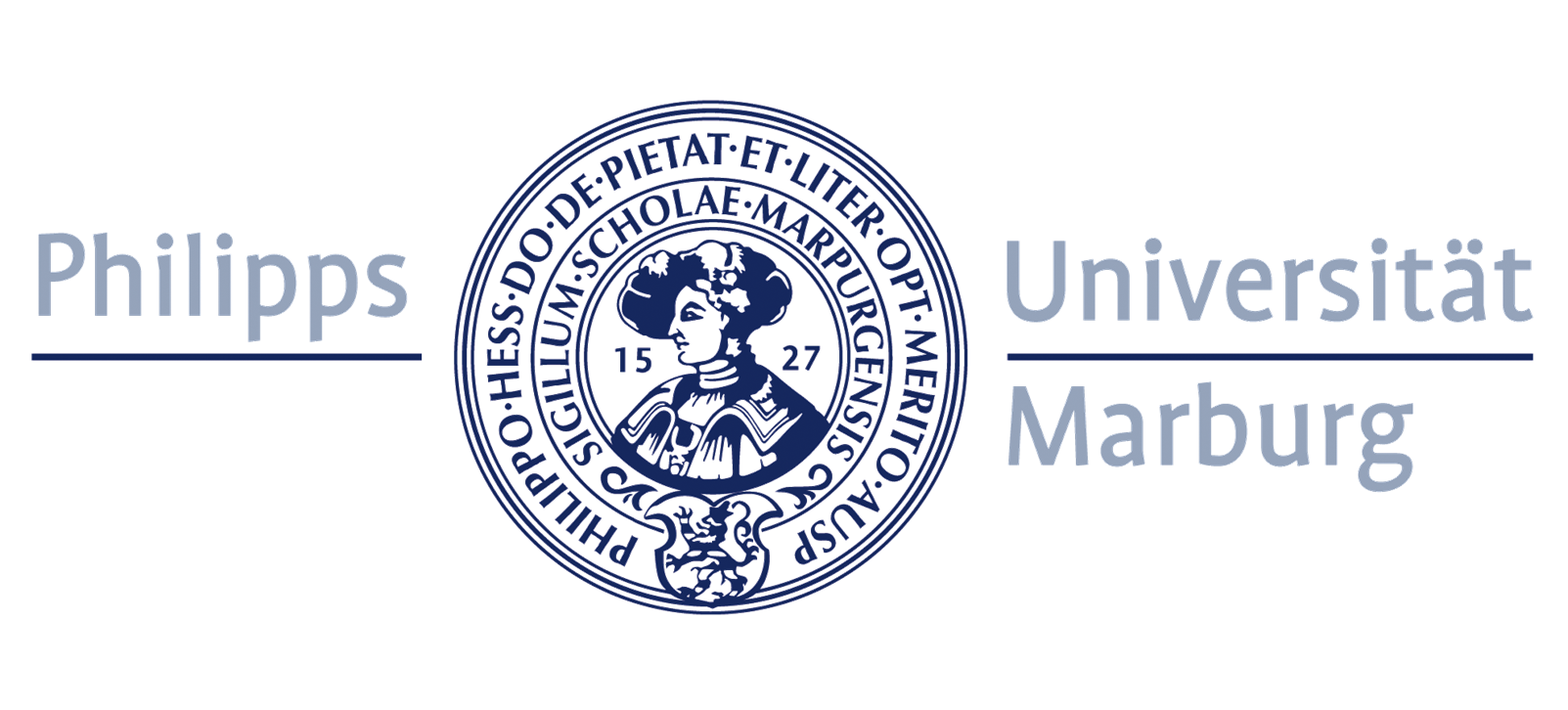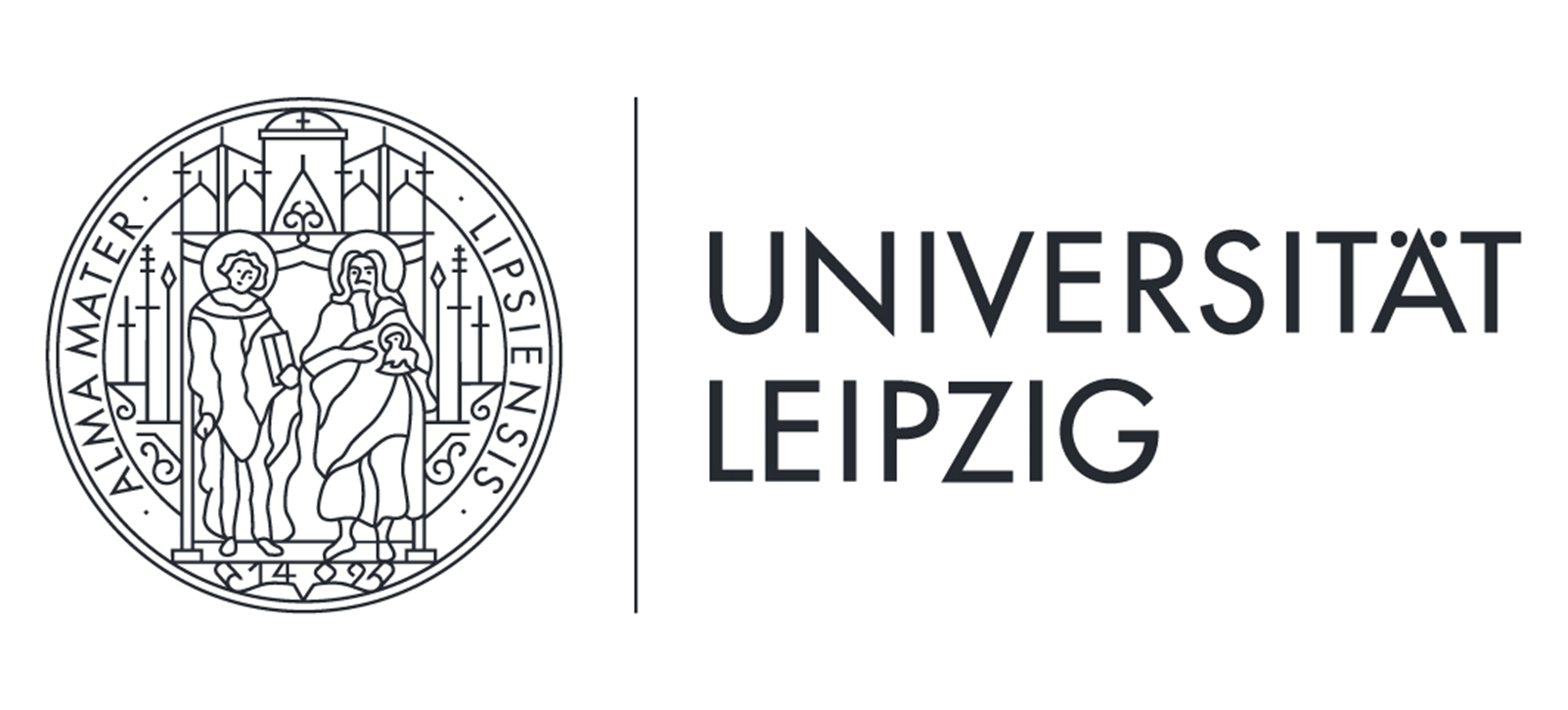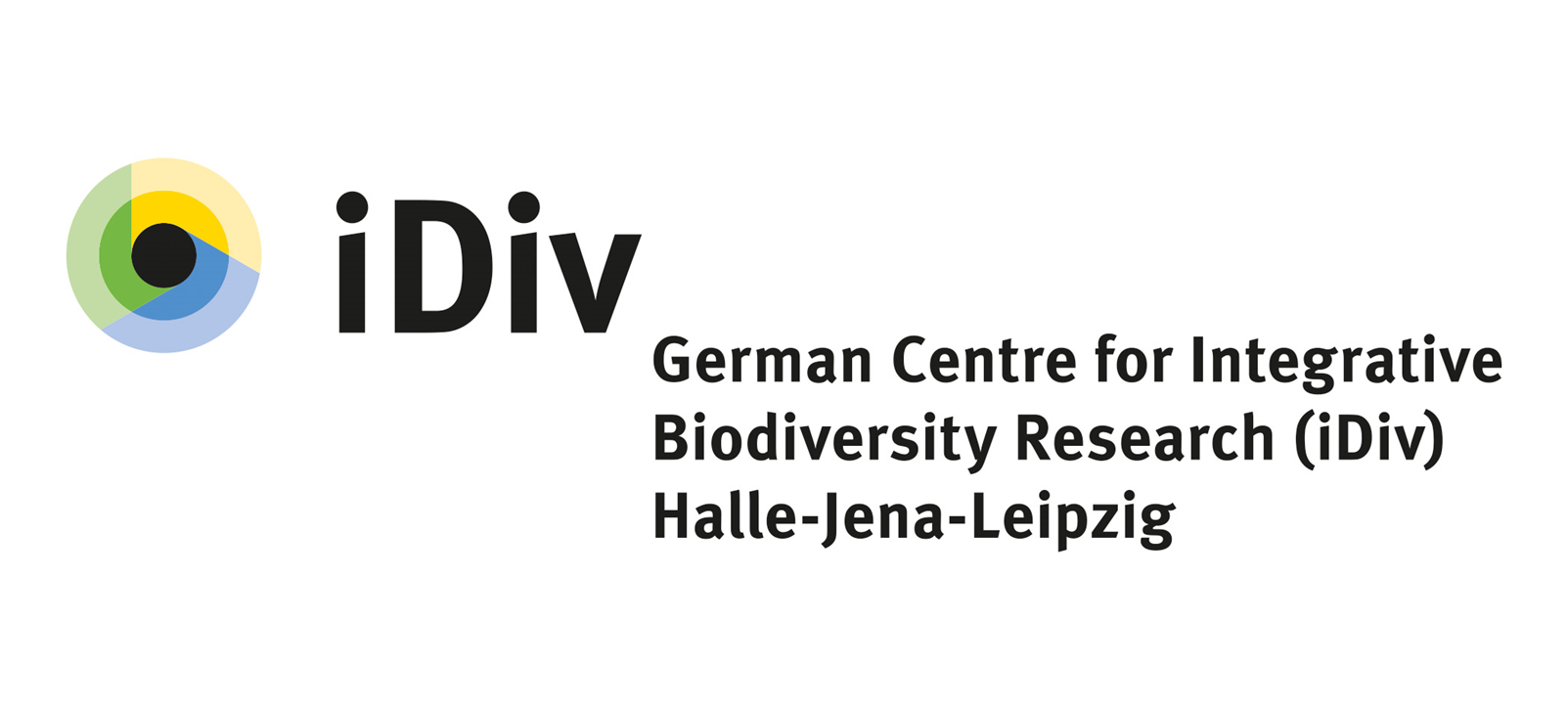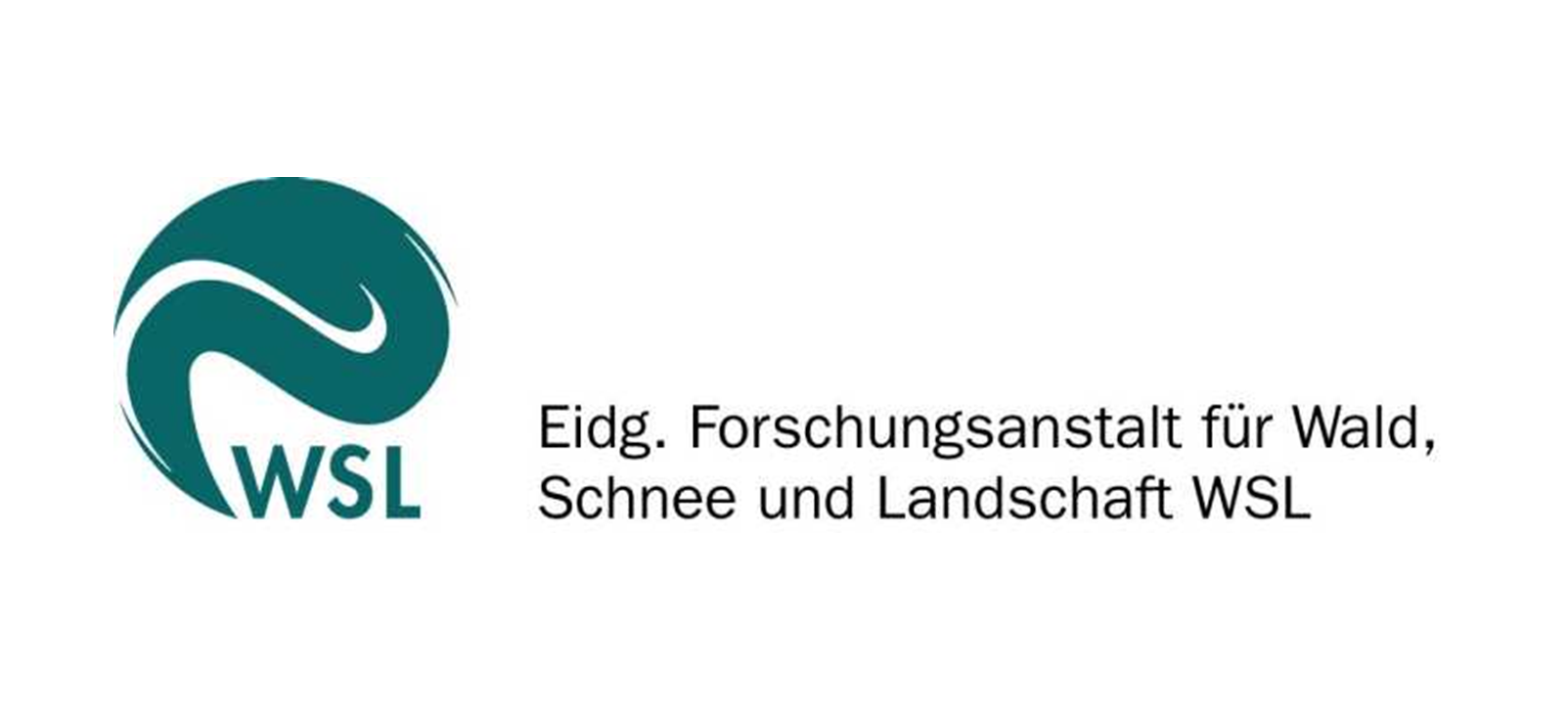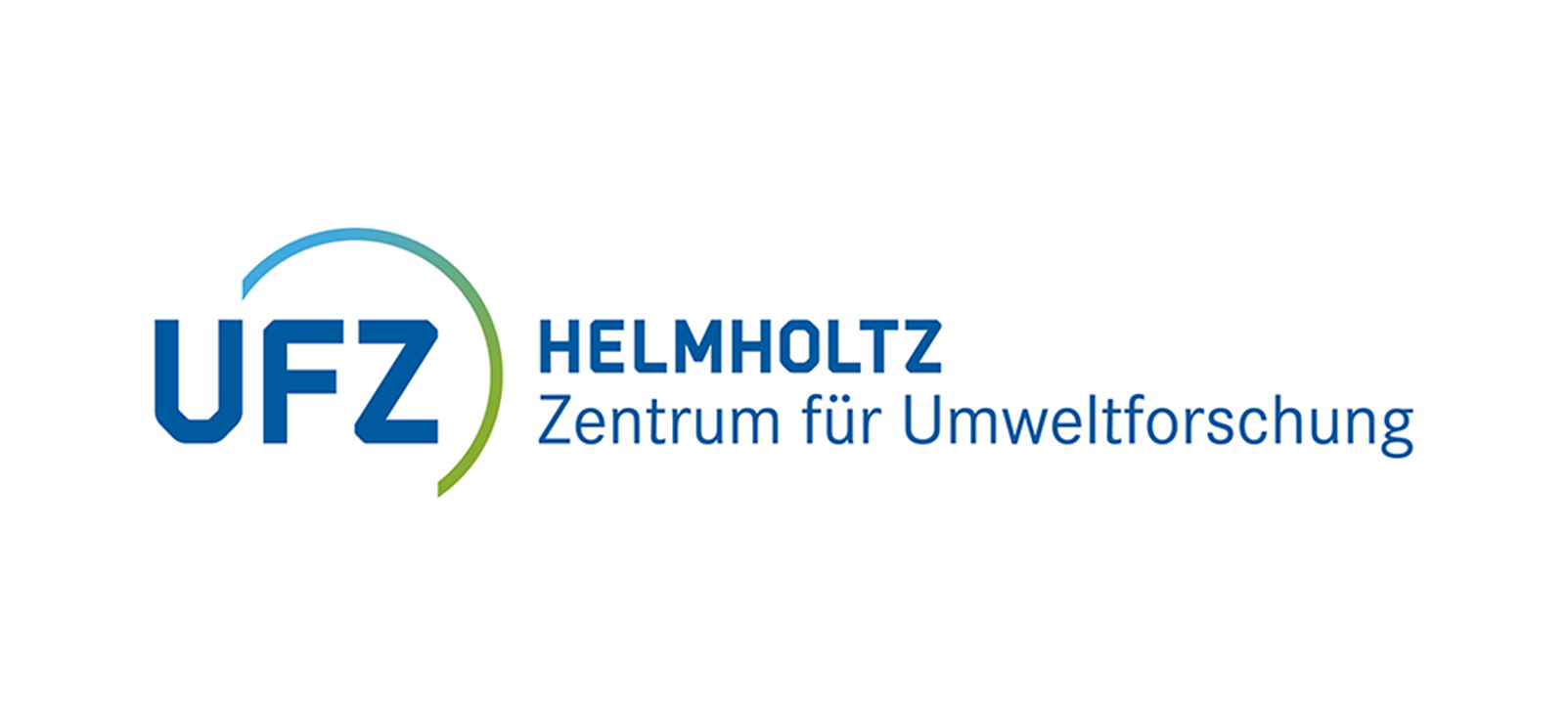Main Content
SP6 - PostDoc and PhD position in oak-herbivore interaction
PostDoc Position at WSL
The Swiss Federal Institute for Forest, Snow and Landscape Research WSL is part of the ETH Domain. Approximately 600 people work on the sustainable use and protection of the environment and on the handling of natural hazards. In the framework of the Project “PhytOakmeter” the Research Unit ‘Forest Health and Biotic Interactions’ and its ’Forest Entomology’ Group is searching for the duration of 2 years (with option for a 2-year extension), with a start in fall/winter 2023 for a Postdoc in Chemical Ecology, Oak-Herbivore Interactions (80-100%, f/m/d).
Project description
“PhytOakmeter” is a research unit project funded by the German Research Foundation and the Swiss National Science Foundation revolving around acclimatization and adaptation of pedunculate oak. It explores a common oak clone from a holobiont perspective. Pedunculate oak displays a distinct endogenous rhythmic growth which is characterized by multiple alternating root and shoot flushes. Changes in a plant growth stage can have profound effects on phyto-chemistry and plant-herbivore interactions. However, only little is known about how the interaction between growth stages, defense chemistry and the trade-offs between growth and chemical defenses are modulated by environmental variation and stress.
Based on Ecotron and field experiments you will explore the interaction between oak growth and defense and its consequences for insect herbivores in response to drought and herbivory. Furthermore, you will study how changes in vertical microclimatic conditions within a forest affect the relationship between shoot flushes, leaf chemistry, and herbivory. Finally, you will support the development of a tool aiming to automatically detect and quantify herbivory based on digital images captured by Phenocams.
Your profile
The successful candidate holds a PhD degree in Biology or Environmental Sciences with a strong background in chemical ecology, plant-herbivore interactions, statistical analyses, and experimental design. Moreover, you should be keen on combining field observations with controlled experiments and analyses in the lab. ”PhytOakmeter” allows scientist with different scientific backgrounds to work on the same experimental oak system, thereby
strongly fostering interdisciplinary work. Consequently, most research projects will be conducted in close collaboration with other “PhytOakmeter” research groups. As such it is essential that you possess excellent skills in interacting with scientists of an interdisciplinary team, spread over several institutions. Furthermore, we expect good knowledge in R programming, a good command of English, as well as the capability for scientific paper writing. Conceptual skills, an independent and structured way of working and a demonstrated high level of motivation and team spirit complete this profile.
How to apply
Please send your complete application to Michèle Bucher, Human Resources WSL, by uploading the requested documents through our webpage. Applications via email will not be considered. Martin Gossner, martin.gossner(at)wsl.ch and Michael Eisenring, michael.eisenring(at)wsl.ch will be happy to answer any questions or offer further information. The WSL strives to increase the proportion of women in its employment, which is why qualified women are particularly called upon to apply for this position.
PhD position at UMR
The Faculty of Geography, Department of Environmental Informatics, is currently accepting applications for a Research Assistant (Doctoral Researcher). The position is offered for a period of 4 years. The starting date is as soon as possible. The position is part-time (65 % of regular working hours) with salary and benefits commensurate with a public service position in the state Hesse, Germany (TV-H E 13).
You will be based in the lab of Environmental Informatics, where we explore spatial sensing of social-ecological systems through networked sensing, remote sensing, and AI (https://uni-marburg.de/kJLc3)
Project description
The position is embedded in the subproject SP6 'Elucidating the links between environmental variation, plant phenology, and plant-herbivore interactions' of the DFG-SNF funded Research Unit “PhytOakmeter”. To enable real-time monitoring of trees, a camera network is to be established that transmits time-lapse images of tree shoots from the field. The generated images shall be examined for patterns in feeding damage (herbivory) and growth using artificial intelligence.
Your tasks
- Setting up a camera network ("Phenocams")
- Applying neural networks to recognize individual leaves and detect leaf growth and herbivory
- Participation in the international DFG research group "PhytOakmeter”
Your qualifications
- MSc-degree or equivalent in Geography, Informatics, Data Science, Biology or equivalent
- Experience with machine learning and programming languages (e.g. R, Python, Java)
- Strong English skills, both written and spoken
- Team orientation with strong organizational skills
- Technical affinity
- Personal motivation in regard to the announced position
Disposition to own scientific qualification (e.g. a doctorate project in the area) is expected.
We actively support the professional development of junior researchers, e.g. by the offers of Marburg Research Academy (MARA), the International Office, the Higher Education Didactics Office and the Human Resources Development Office.
How to apply
Application details will be posted shortly. For more information, contact Vertr. Prof. Dr. Dirk zeuss:
